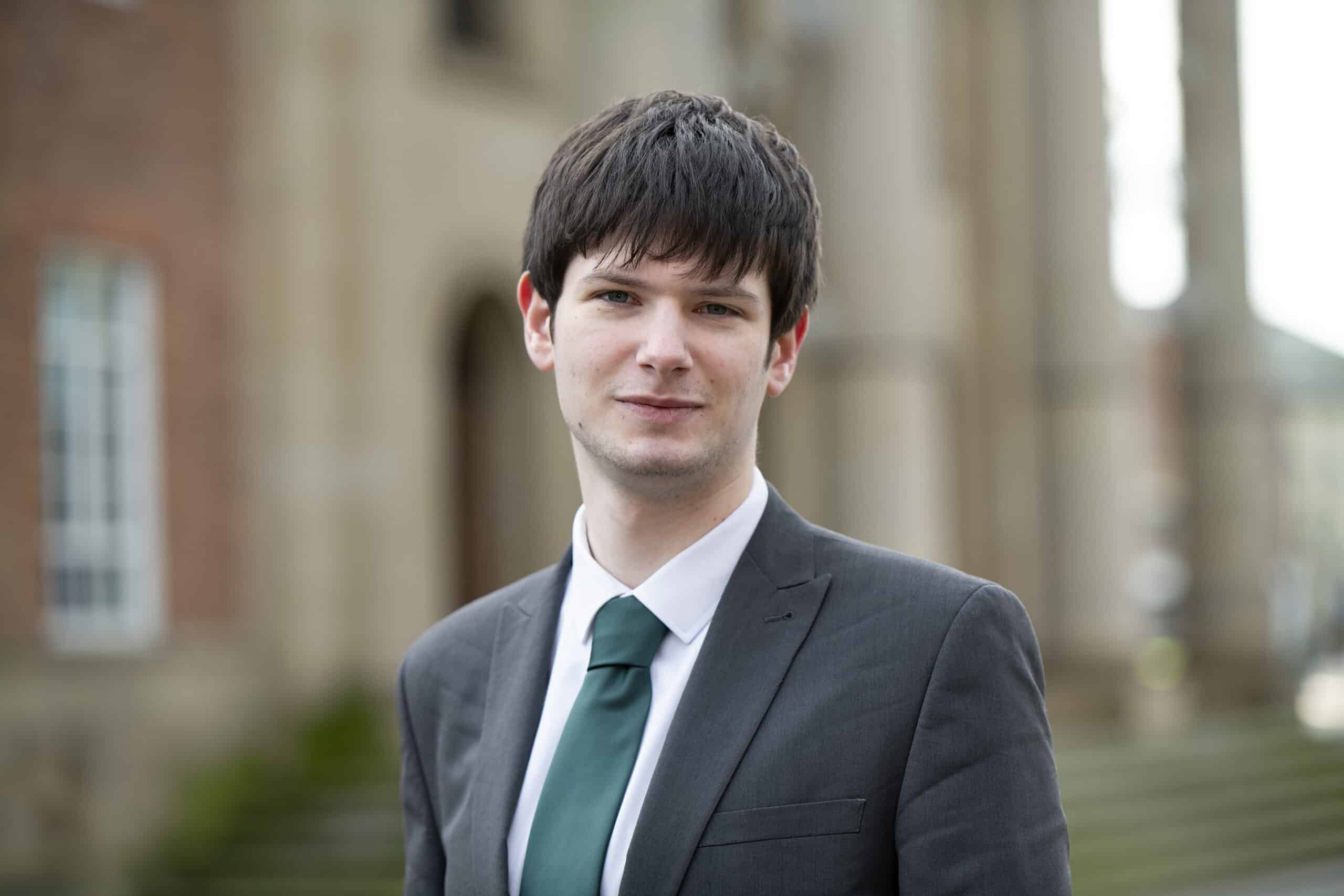 BBC News
BBC NewsBorrowing was £17.4bn last month, the second highest October figure since monthly records began in 1993.

Joseph Macdonald
It wasn’t something I ever expected to do. Though it was an experience a little outside my comfort zone, when I was given the opportunity to talk to the former leader of the Green Party Natalie Bennett, I decided to go ahead. It had been a year of ups and downs; I had decided to intercalcate from my computer science course at Lancaster University but was by means sure whether I should return or not, or whether I should pivot.
Fortunately, I have benefitted from the attentions of the Finito bursary scheme. This scheme aims to help young people like me in the journey toward a meaningful career, and I have worked with the company’s business mentors now for several years. When I suggested to my mentor Talan that I was considering moving courses into Ecology and Conservation, the opportunity to talk with Natalie came my way.
Before the call, I wasn’t certain about the opportunities available to me if I did decide to make a change.
At the start, Natalie provided me with technical examples which began to address my concerns about the breadth of careers I could go into. She also reassured me that the time I had used studying Computer Science had not been wasted, as there are numerous ways in which the subject areas are being combined. After the call, I was more sure than ever that my decision to study Ecology would be the right one.
I also learned a lot from talking to Natalie herself. She came across as a very well-informed and intelligent person, with a wide range of experiences from all over the world. She taught me to always be open to new experiences and that there are plenty of different roles even within certain disciplines.
Crucially, Natalie also gave me technical examples that are currently relevant or which she expects to be emerging areas of study. For example, we discussed how the excess use of fertiliser on farms means that chemicals are being washed into nearby water courses. This causes the growth of vegetation on the water and stops light from reaching into the water, leaving fewer nutrients for fish and other aquatic animals.
Another point we discussed was the issue concerning the discharge of raw sewage into rivers and the sea by water companies in the UK. In exceptional circumstances, such as after very heavy rain, this is permitted. However, there is an average of hundreds of discharge incidents per day. This heavily pollutes the waters within and surrounding the UK. There are ongoing campaigns for heavier punishments for the water companies involving larger fines. Under proposed legislation, the executives of the water companies would be personally liable for paying fines.
Natalie also explained how government policies affect environmental issues and to what extend they are applied by the UK government. She believes their current efforts do not go far enough to make a positive difference. Bennett believes that the age of neo-liberalism that started with Thatcher and Reagan in the 1980s must come to an end soon and more progressive policies should be applied if change is to take place for the better.
She also described how she got into politics through journalism with The Bangkok Post and subsequently finished her first degree in Agricultural Science. She then completed outreach volunteering work via Australian Volunteers International. Her second degree was in Asian relations which she completed at the University of New England. Her third degree is a MA in Mass Communication which was awarded by the University of Leicester in 2001.
Bennett later went on to join the Green party on 1st January 2006. She represented various constituencies in London and later Sheffield Central in 2017. She described how there are only two Green peers in the House of Lords but they make a significant impact because they are the only party with new ideas. Natalie also remarked on how strange the House of Lords can be with the clothing and décor!
When I explained to Natalie how I was taking a year out of university and planning on changing my course to Ecology and Conversation from Computer Science, she moved swiftly to put my mind at rest. She explained that there are more and more emerging ecology roles that involve algorithms and quantising data using computers. This was an important connection which I hadn’t made before, and gave me much food for thought.
A call like this is always nerve-wracking, but Natalie’s manner was at all times open and kind. This was a lesson in itself, and one I intend to remember as I forge my career.